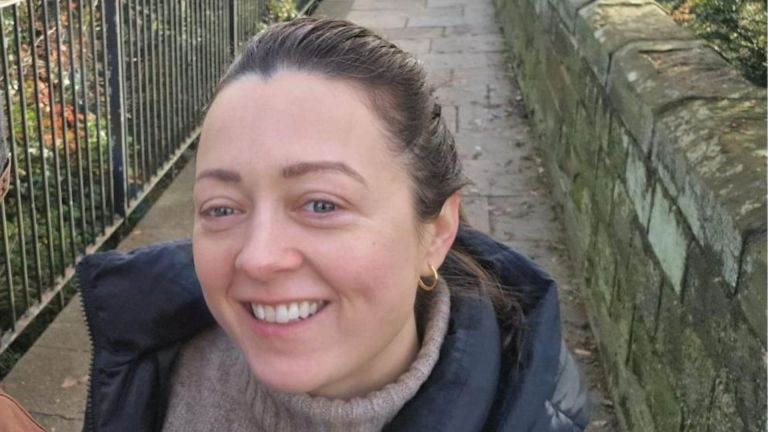Under the new Domestic Abuse Bill, Westminster will introduce its first ever statutory definition of domestic abuse to specifically include economic abuse and controlling non-physical abuse. This follows the introduction of a similar definition by the Scottish government last month.
The bill will also put an end to the cross-examination of victims by their abusers in family courts.
It’s hoped the new policies will reduce the variation in support available for survivors in different parts of the country.
Sandra Horley, the chief executive of Refuge, said the domestic abuse charity is “delighted” by the announcement which could protect “life-saving services” for years to come.
Ministers will consult councils, survivors and support organisations to determine how much funding will be needed to drive the new policies – to be settled in the Spending Review, said Brokenshire.
Nicki Norman, acting co-chief executive of Women’s Aid, said the charity “warmly welcomes” the announcement as a major step forward.
She said many organisations across the UK were under threat from “shoestring” local budgets which is driving the expertise of women’s organisations away from support services that need it.
Norman added: “This new legal framework is a significant step in the right direction, and should help to ensure consistent refuge provision across the country to end the postcode lottery that survivors currently face when seeking safety. There remain many questions with this announcement, however, which we look forward to working with our members to consider.”
The Women’s Aid co-CEO said the government must establish safeguards to make sure councils are providing the holistic and support and safety survivors need and not just running generic accommodation provisions.
She also said it’s unclear how the current model of support will protect specialist services targeted at BAME, LGBT+ and disabled survivors, who “have lost out most under localism”. It was pointed out that lots of these are national organisations which run services across different local authorities up and down the country.
Councillor Simon Blackburn, chairman of the Local Government Association’s Safer and Stronger Communities Board, hoped the extra funding would help councils put services on “long-term sustainable footing”.
He added: “Councils cannot tackle this crime on their own.
“Our ambition must be to reduce the number of victims, with greater investment in early intervention and prevention schemes that help stop domestic abuse occurring in the first place.”









